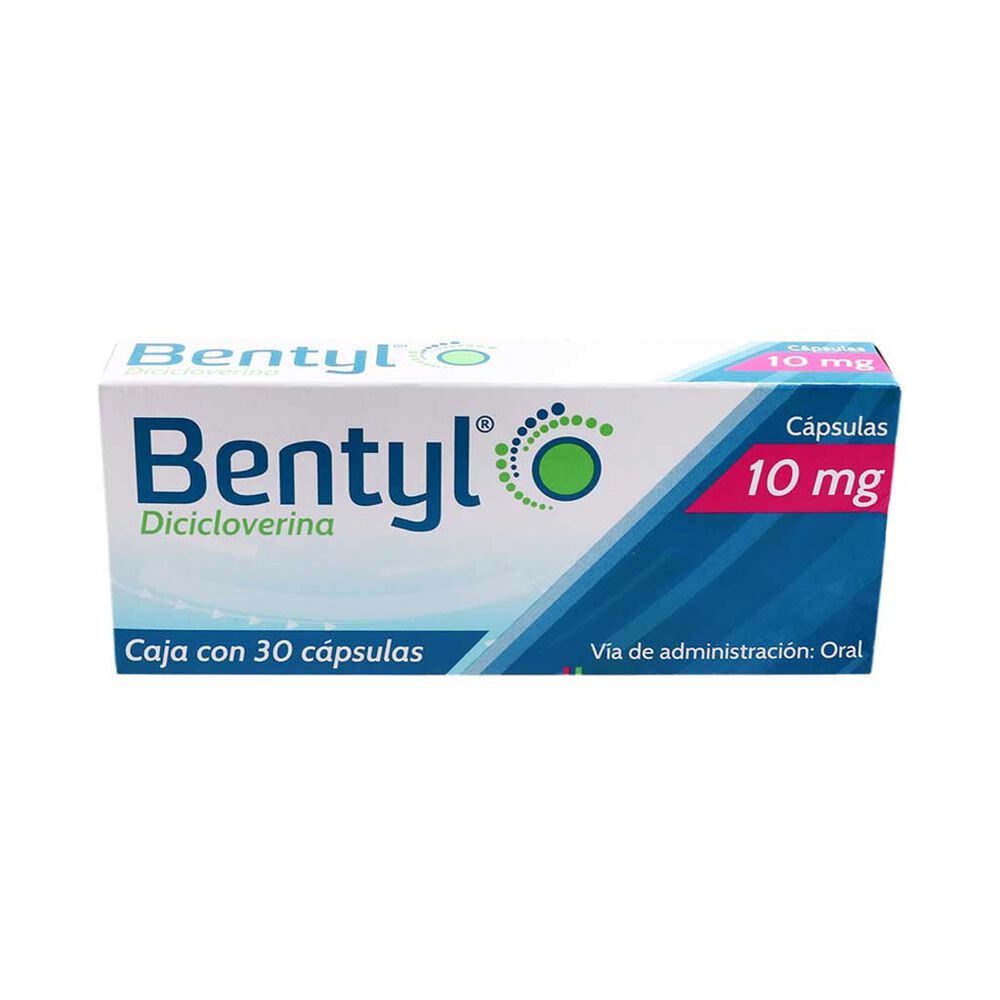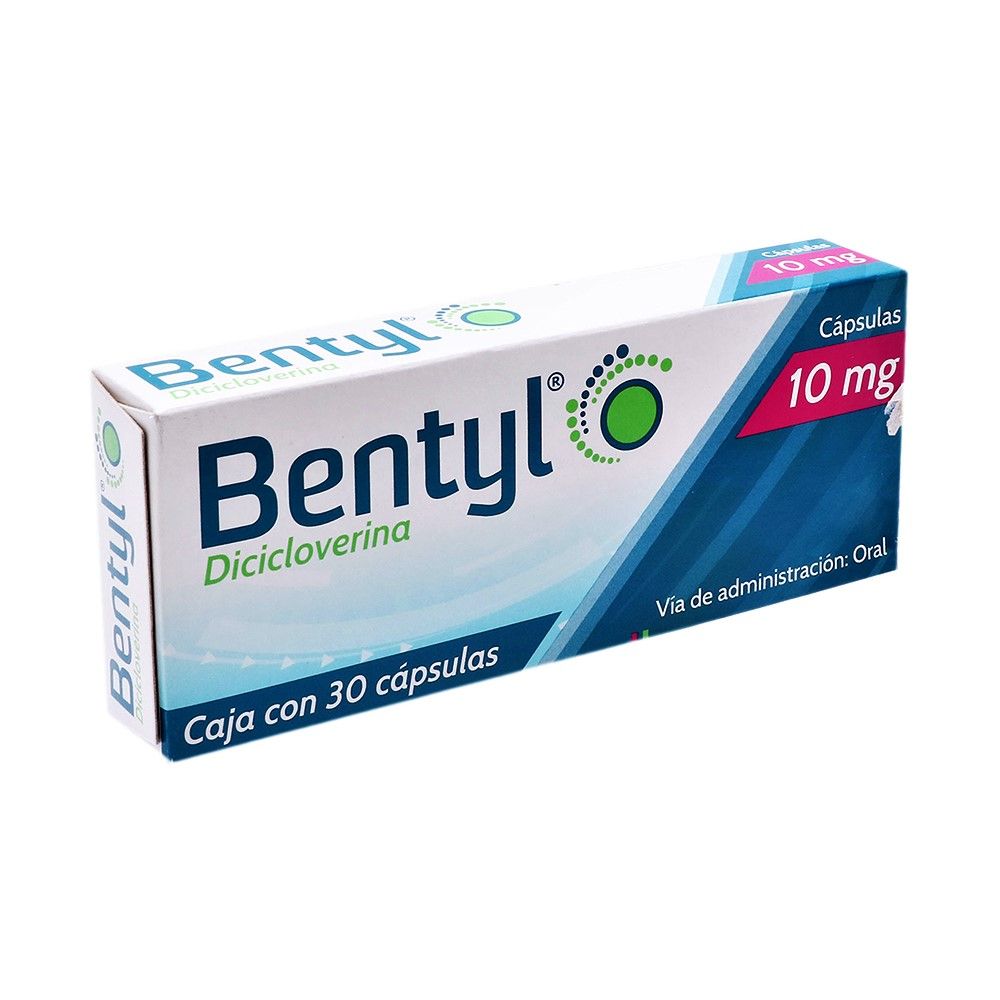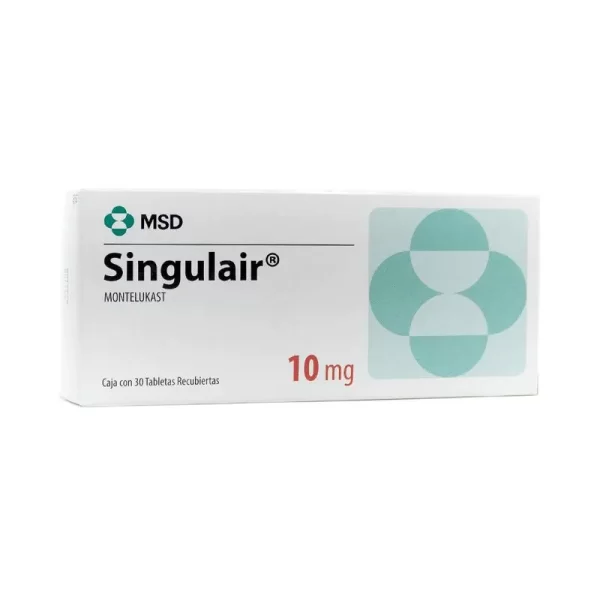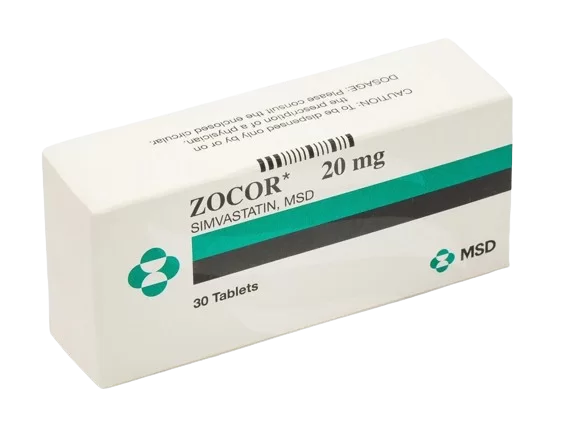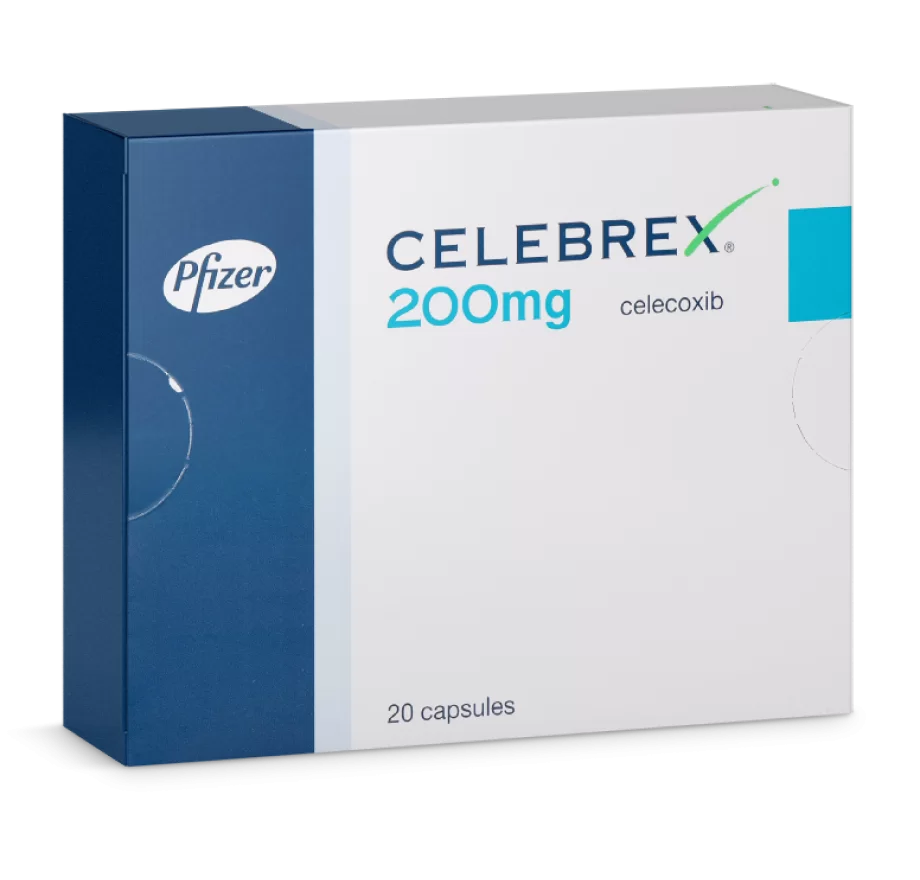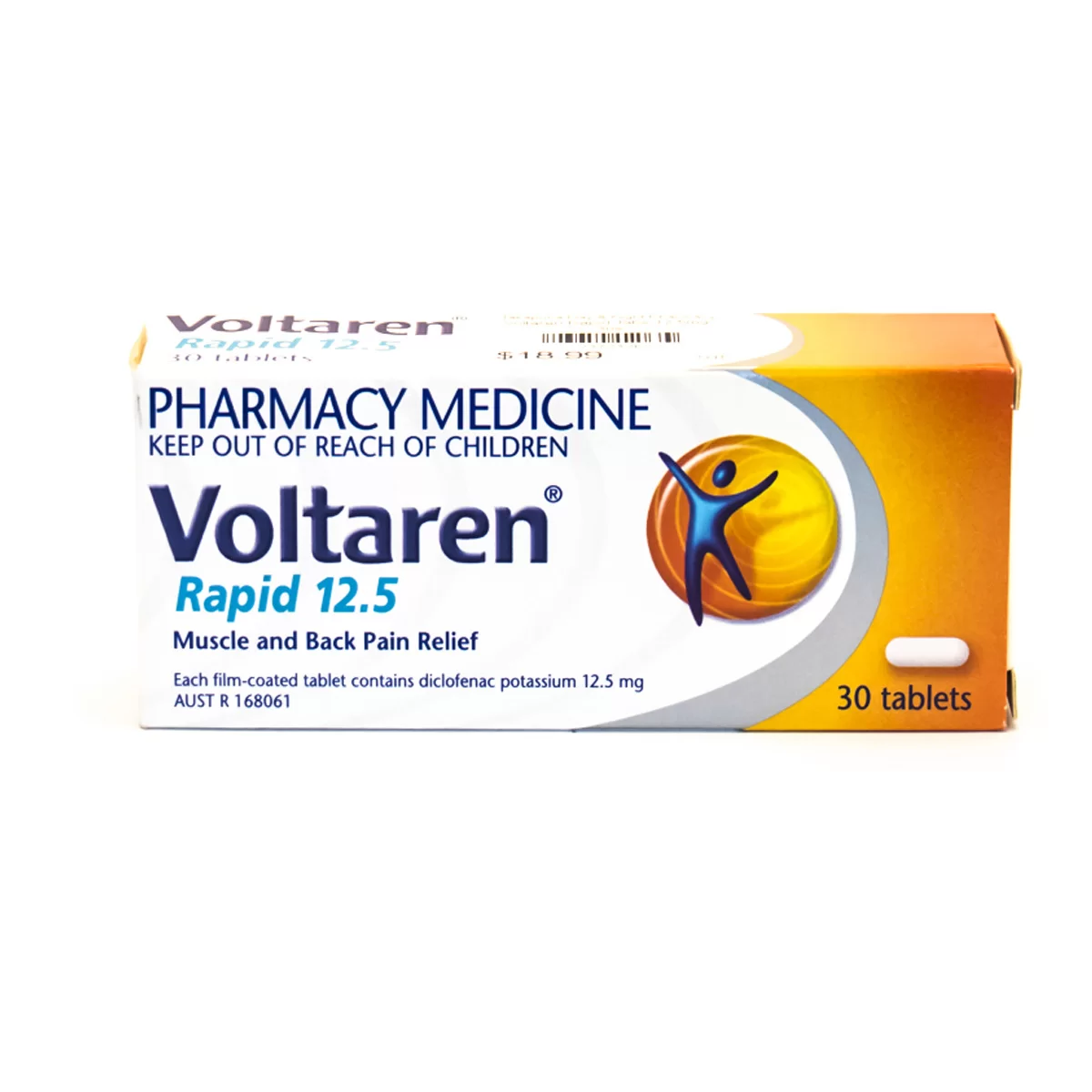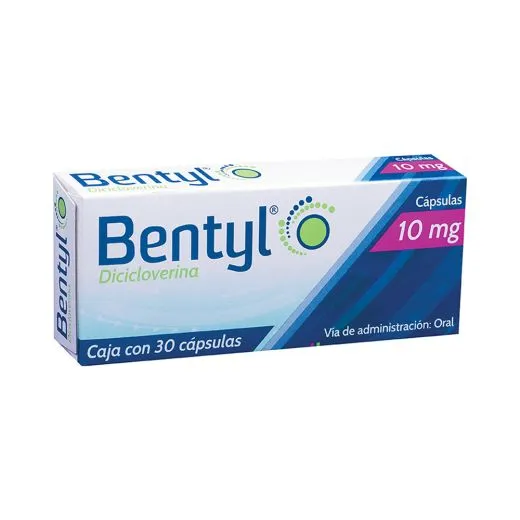
Bentyl
Bentyl - 20mg
| Product | Per Pill | Savings | Per Pack | Order |
|---|---|---|---|---|
| 100 pills | $0.60 | $59.85 | Buy Now | |
| 200 pills | $0.53 | $13.30 | $119.70 $106.40 | Buy Now |
| 300 pills | $0.51 | $26.60 | $179.55 $152.95 | Buy Now |
| 400 pills | $0.50 | $39.90 | $239.40 $199.50 | Buy Now |
| 500 pills | $0.49 | $53.20 | $299.25 $246.05 | Buy Now |
| 600 pills | $0.49 | $66.50 | $359.10 $292.60 | Buy Now |
| 700 pills | $0.48 | $79.80 | $418.95 $339.15 | Buy Now |
| 800 pills | $0.48 | $93.10 | $478.80 $385.70 | Buy Now |
| 900 pills | $0.48 | $106.40 | $538.65 $432.25 | Buy Now |
| 1000 pills | $0.48 | $119.70 | $598.50 $478.80 | Buy Now |
Overview of Bentyl
General Introduction
Bentyl, known by its generic name dicyclomine, is an antispasmodic medication used to treat irritable bowel syndrome (IBS). It works by relaxing the muscles in the gut and reducing symptoms of stomach and intestinal cramping. Bentyl effectively alleviates symptoms such as abdominal pain, bloating, and discomfort associated with IBS. The medication is available in several forms, including tablets, capsules, and injectable solutions, providing flexibility in administration based on patient needs.
History of Development and Approval
Dicyclomine, the active ingredient in Bentyl, was first synthesized in the 1940s. Bentyl received approval from the U.S. Food and Drug Administration (FDA) in 1950 for the treatment of gastrointestinal disorders, specifically irritable bowel syndrome. Since its introduction, Bentyl has been widely used due to its efficacy in managing IBS symptoms and its well-tolerated profile.
Key Benefits
Bentyl offers several key benefits for patients with irritable bowel syndrome:
- Relief from Abdominal Cramps: Effectively reduces stomach and intestinal cramping.
- Symptom Management: Alleviates symptoms such as pain, bloating, and discomfort.
- Multiple Formulations: Available in tablets, capsules, and injections for flexible administration.
- Rapid Onset of Action: Provides quick relief from IBS symptoms.
Unique Properties
Bentyl is unique due to its ability to specifically target the muscles of the gastrointestinal tract, providing effective symptom relief with a relatively quick onset of action. Unlike other antispasmodics, Bentyl is particularly effective in treating the cramping and pain associated with IBS without significantly affecting overall bowel motility.
Comparison with Similar Medications
Compared to other antispasmodics and treatments for IBS, Bentyl offers distinct advantages:
- Targeted Action: Specifically relaxes gastrointestinal muscles, reducing cramping and pain.
- Rapid Relief: Provides quicker relief from symptoms compared to some other treatments.
- Versatile Formulations: Available in various forms to suit different patient preferences and needs.
Safety and Tolerability
Bentyl is generally well-tolerated when used as directed. Common side effects include dry mouth, dizziness, and blurred vision. Serious side effects are rare but may include severe allergic reactions and confusion. Regular monitoring by a healthcare provider is recommended, especially during the initial phase of treatment, to ensure patient safety and optimal therapeutic outcomes.
Indications for Use
Diseases and Conditions Treated
Bentyl is prescribed for:
- Irritable Bowel Syndrome (IBS): Primary treatment to manage symptoms such as abdominal pain and cramping.
- Functional Gastrointestinal Disorders: Alleviates symptoms in conditions involving abnormal gut motility.
Symptoms Indicating Use
Patients experiencing symptoms such as abdominal cramps, pain, bloating, and discomfort associated with IBS may benefit from Bentyl. It is particularly effective for individuals who require rapid relief from these symptoms.
Dosage and Administration
Recommended Dosage for Adults
The typical starting dose of Bentyl for adults is 20 mg taken four times daily. Depending on the patient's response and tolerance, the dose may be increased to 40 mg four times daily. The dose should be adjusted based on the severity of symptoms and the patient's response to treatment.
Dosage for Children
Bentyl is not typically recommended for children under 6 months of age. For children older than 6 months, the dosage should be determined by a healthcare provider based on the child's weight and specific condition. Pediatric dosing requires careful monitoring to ensure safety and efficacy.
Dosage for Elderly Patients
Elderly patients may require dose adjustments based on their overall health and kidney function. Lower doses are often recommended to minimize the risk of side effects such as confusion and urinary retention. Regular monitoring is important to ensure the medication’s effectiveness and safety.
Optimal Timing of Administration
Bentyl should be taken before meals and at bedtime. This timing helps maximize the medication’s effectiveness in controlling symptoms throughout the day and night.
Frequency of Administration
Bentyl is typically administered four times daily. Adhering to the prescribed frequency ensures the medication's effectiveness and minimizes the risk of missed doses.
Impact of Food on Efficacy
Food does not significantly impact the efficacy of Bentyl. However, taking it before meals can help control symptoms during and after eating, providing more consistent relief from IBS symptoms.
Pharmacological Action
Mechanism of Action
Dicyclomine, the active ingredient in Bentyl, works by blocking the action of acetylcholine on muscarinic receptors in the smooth muscles of the gastrointestinal tract. This action reduces muscle spasms and contractions, alleviating cramping and pain associated with IBS.
Molecular and Cellular Targets
Dicyclomine targets muscarinic receptors on the smooth muscles of the gastrointestinal tract. By blocking these receptors, it prevents the action of acetylcholine, a neurotransmitter that induces muscle contractions, thus reducing spasms and associated discomfort.
Metabolic Pathways
Dicyclomine is metabolized in the liver to inactive metabolites, which are then excreted via the urine. The half-life of dicyclomine is approximately 1.8 hours, allowing for its administration multiple times a day.
Biochemical Changes
By blocking muscarinic receptors, Bentyl reduces the contractions of the gastrointestinal muscles, leading to decreased cramping and pain. This biochemical change helps manage the symptoms of IBS, improving the patient's quality of life.
Physiological Effects
The physiological effects of Bentyl include reduced abdominal cramping, pain, and discomfort. Patients may experience improved gastrointestinal comfort and a reduction in IBS symptoms, leading to an overall improvement in quality of life.
Composition
Active Ingredient
The active ingredient in Bentyl is dicyclomine hydrochloride. It is available in various forms, including 10 mg and 20 mg tablets, 10 mg/5 mL syrup, and 10 mg/mL injectable solutions.
Inactive Ingredients
Inactive ingredients in Bentyl tablets may include lactose monohydrate, magnesium stearate, microcrystalline cellulose, and stearic acid. These ingredients help in the formulation and stability of the medication, ensuring that it is effective and safe for patient use.
Role of Each Component
Dicyclomine hydrochloride acts as the primary therapeutic agent, while inactive ingredients ensure proper formulation, stability, and absorption of the medication. The inactive ingredients also contribute to the tablet's integrity and ease of administration.
Side Effects
Common Side Effects
Common side effects of Bentyl include:
- Dry Mouth: Reduced saliva production leading to a dry sensation in the mouth.
- Dizziness: Feeling lightheaded or unsteady.
- Blurred Vision: Temporary changes in vision clarity.
- Nausea: Feeling of wanting to vomit.
Rare Side Effects
Rare side effects may include:
- Confusion: Disorientation and difficulty thinking clearly.
- Urinary Retention: Difficulty in passing urine.
- Constipation: Reduced bowel movements and difficulty passing stools.
- Allergic Reactions: Symptoms such as rash, itching, and swelling.
Serious Side Effects
Serious side effects requiring immediate medical attention include:
- Severe Allergic Reactions: Symptoms such as difficulty breathing, swelling of the face, lips, or tongue.
- Severe Confusion: Significant disorientation or hallucinations.
- Severe Urinary Retention: Inability to urinate, which may require medical intervention.
- Tachycardia: Rapid heart rate that can be dangerous if persistent.
Frequency and Severity
Most side effects are mild and transient, occurring primarily during the initial phase of treatment. Serious side effects are rare but warrant close monitoring by a healthcare provider. Regular follow-up appointments can help manage and mitigate these risks.
Prevention of Side Effects
General Precautions
To minimize side effects, patients should follow the prescribed dosage and avoid taking more than the recommended dose. It is important to inform the healthcare provider of any existing medical conditions and medications being taken, particularly those that may interact with Bentyl.
Recommendations for Better Tolerability
Using Bentyl as directed and maintaining regular follow-up appointments with a healthcare provider can improve tolerability. Patients should be educated on the importance of adhering to the prescribed treatment regimen and monitoring their response to the medication. Staying hydrated and avoiding activities that require clear vision or coordination if experiencing dizziness or blurred vision can also help reduce side effects.
Contraindications
Conditions and Diseases
Bentyl is contraindicated in patients with:
- Known Hypersensitivity: To dicyclomine or any of its components.
- Obstructive Uropathy: Conditions such as prostatic hypertrophy that impede urinary flow.
- Severe Ulcerative Colitis: Risk of exacerbating the condition.
- Reflux Esophagitis: Worsening of gastroesophageal reflux disease (GERD) symptoms.
- Myasthenia Gravis: Risk of exacerbating muscle weakness.
Explanation of Contraindications
Dicyclomine may exacerbate certain conditions, such as obstructive uropathy or severe ulcerative colitis, due to its anticholinergic effects. Hypersensitivity reactions can cause severe allergic responses, making it crucial to assess a patient's medical history before prescribing Bentyl.
Warnings and Precautions
Potential Risks
Patients should be monitored for signs of confusion, urinary retention, and severe allergic reactions, particularly during the initial phase of treatment and during dose adjustments. Regular follow-up appointments and communication with a healthcare provider are essential to ensure safe use.
Safety Measures
Regular monitoring by a healthcare provider, starting with a low dose, and adjusting as needed can help mitigate risks. Patients should be instructed to report any symptoms of severe confusion, urinary retention, or allergic reactions immediately.
Missed Dose
Immediate Actions
If a dose is missed, take it as soon as remembered unless it is almost time for the next dose. Do not double the dose to catch up. Continue with the regular dosing schedule to maintain consistent blood levels of the medication.
Preventive Strategies
Using reminders and keeping a consistent schedule can help prevent missed doses. Patients can set alarms, use medication reminder apps, or keep a medication diary to track their doses, ensuring adherence to the treatment regimen.
Drug Interactions
Interacting Medications
Bentyl may interact with various medications, including:
- Anticholinergic Drugs: Such as atropine, which can increase the risk of side effects.
- MAO Inhibitors: Such as phenelzine, which can enhance the anticholinergic effects of Bentyl.
- Amantadine: May increase anticholinergic side effects.
- Digoxin: Can interact and affect drug absorption.
Effects of Interactions
These interactions can affect the metabolism and efficacy of Bentyl or the concomitant medications. For instance, combining Bentyl with other anticholinergic drugs can increase the risk of severe side effects such as confusion and urinary retention. Monitoring for side effects and adjusting dosages may be necessary to manage these interactions.
Avoiding Interactions
Inform the healthcare provider of all medications being taken to avoid potential interactions. Patients should not start, stop, or change the dosage of any medicines without their healthcare provider’s approval. Regular reviews of medication regimens can help identify and manage potential interactions.
Overdose
Symptoms of Overdose
Symptoms of overdose may include severe dizziness, fainting, difficulty breathing, and irregular heartbeat. Seek emergency medical help if an overdose is suspected.
Immediate Actions
Seek emergency medical help if an overdose is suspected. Supportive measures and symptomatic treatment are recommended. Activated charcoal may be administered if the overdose is recent, and intravenous fluids may be given to maintain hydration and support cardiovascular function.
Pharmacokinetics
Absorption
Dicyclomine is well-absorbed from the gastrointestinal tract, with peak plasma concentrations reached within 1 to 1.5 hours after oral administration. The bioavailability of dicyclomine is approximately 70-80%.
Distribution
Dicyclomine is widely distributed throughout the body and is extensively bound to plasma proteins. It crosses the blood-brain barrier and is also distributed to tissues such as the liver and kidneys.
Metabolism
Dicyclomine is metabolized in the liver to inactive metabolites, which are then excreted via the urine. The half-life of dicyclomine is approximately 1.8 hours, allowing for its administration multiple times a day.
Elimination
The half-life of dicyclomine is approximately 1.8 hours, allowing for effective symptom relief with multiple daily doses. It is excreted primarily in the urine as inactive metabolites.
Dosage Forms
Available Forms and Dosages
Bentyl is available in tablet form (10 mg and 20 mg), syrup (10 mg/5 mL), and injectable solutions (10 mg/mL). These various forms and dosages allow for flexible and tailored treatment approaches based on patient needs and tolerability.
Benefits of Different Forms
The availability of multiple strengths and formulations of Bentyl makes it suitable for various patient preferences and clinical situations. Different formulations allow for precise dosing adjustments based on therapeutic response and individual patient needs.
Pregnancy and Breastfeeding
Safety During Pregnancy
Bentyl should be used during pregnancy only if the potential benefit justifies the potential risk to the fetus. There is limited data on the use of Bentyl in pregnant women, and animal studies have shown adverse effects on the fetus. Pregnant women should discuss the potential risks and benefits with their healthcare provider before starting treatment.
Safety During Breastfeeding
Dicyclomine is excreted in human milk. Due to the potential for adverse reactions in nursing infants, a decision should be made whether to discontinue breastfeeding or discontinue the drug, considering the importance of the drug to the mother. Breastfeeding mothers should consult their healthcare provider to weigh the potential risks and benefits.
Storage Conditions
General Recommendations
Store Bentyl at room temperature between 20°C to 25°C (68°F to 77°F). Keep the medication in its original container, tightly closed, and out of reach of children and pets.
Specific Storage Instructions
Bentyl tablets and syrup should be stored in a cool, dry place away from direct sunlight and moisture. Store according to the manufacturer's instructions to protect the medication from light and moisture.
Expiry and Stability
Check the expiration date on the package and do not use Bentyl past the expiration date. Proper storage ensures the medication remains effective and safe to use. Dispose of expired or unused medication according to local regulations to prevent accidental exposure or misuse.
Clinical Trials and Efficacy
Overview of Clinical Studies
Bentyl has undergone extensive clinical trials to evaluate its safety and efficacy in treating irritable bowel syndrome and other functional gastrointestinal disorders. These studies included randomized, double-blind, placebo-controlled trials involving thousands of patients worldwide.
Results and Findings
Clinical trials have shown that Bentyl effectively reduces symptoms of IBS, including abdominal pain, cramping, and bloating. Patients treated with Bentyl demonstrated significant improvements in symptom control and overall gastrointestinal comfort compared to those receiving a placebo.
Comparative Studies
Studies comparing Bentyl with other antispasmodics have shown that Bentyl provides effective symptom relief with a favorable safety profile. Its rapid onset of action and targeted effects on gastrointestinal muscles make it a preferred choice for many healthcare providers.
Conclusion
Summary of Key Points
Bentyl is an effective antispasmodic medication for the treatment of irritable bowel syndrome and other functional gastrointestinal disorders. Its ability to reduce abdominal cramping and pain provides significant therapeutic benefits for patients with these conditions. The medication is generally well-tolerated, with a well-documented safety profile.
Recommendations
For optimal results, patients should follow their healthcare provider's instructions regarding dosage and administration. Regular monitoring and follow-up appointments are essential to ensure the medication's effectiveness and manage any side effects. Patients should maintain a healthy lifestyle, including proper diet and stress management, to support overall gastrointestinal health while on Bentyl therapy.
Final Thoughts
Bentyl significantly improves the quality of life for patients suffering from irritable bowel syndrome and related conditions by effectively managing symptoms and reducing abdominal discomfort. With its proven efficacy and safety, Bentyl remains a trusted choice for healthcare providers and patients in the management of these conditions.
